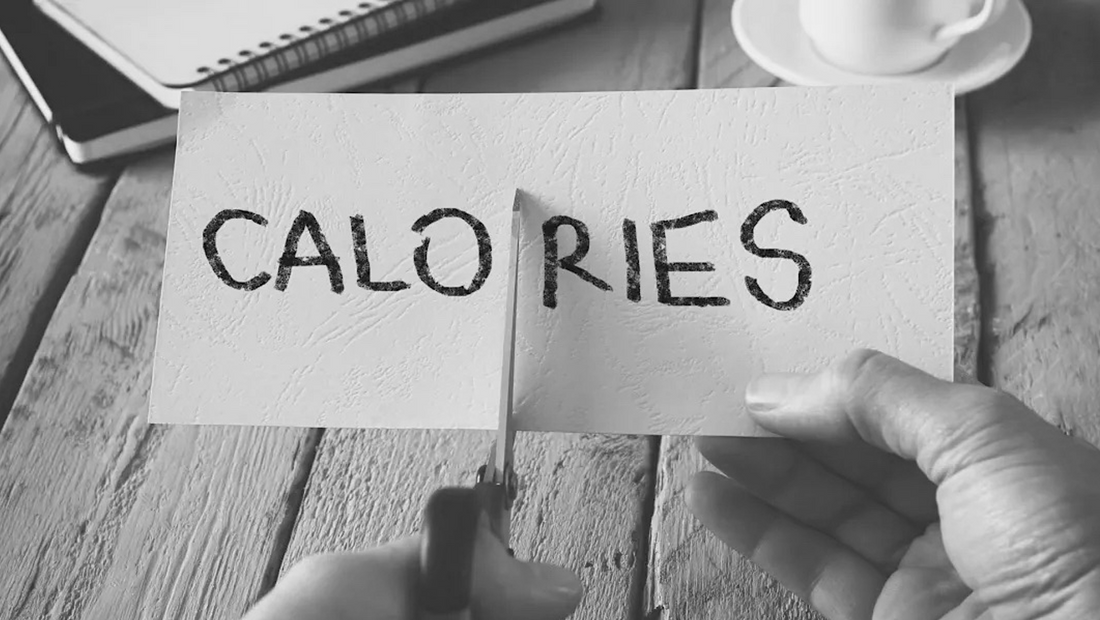We’ve all been there—whether intentionally (hello, fasting trend) or unintentionally (whoops, forgot to eat), we’ve operated on fewer calories than usual. Maybe it’s part of a fitness goal, a weight loss strategy, or just the result of a chaotic day. But what exactly happens when your body is running on empty? Let’s dive into the science—and the all-too-relatable side effects.
The First Few Hours: Easy Peasy (Until It’s Not)
For the first few hours, your body is chill. It happily burns through the glucose floating around in your bloodstream from your last meal. If you’ve recently eaten, you’re good to go—plenty of energy, no problem. But as those glucose levels dip, your body starts tapping into stored glycogen in your liver and muscles. It’s like borrowing money from your savings account—you’re fine for now, but it’s not a long-term solution.
The 12-24 Hour Mark: Fat-Burning Mode… and the Hangry Monster Awakens
After about 12 hours (or sooner if you just worked out), your body shifts gears into fat-burning mode. This is great if your goal is weight loss, but it also comes with some side effects. Your blood sugar drops, and your brain—always the drama queen—starts sending out distress signals in the form of hunger, mood swings, and a general inability to function like a normal human. Cue the irritability and sudden craving for an entire pizza. Don't do it! Drink something like fasting hydration FAST:RX that is made to help you feel better when running on less calories.
24-48 Hours: Ketosis Kicks In (and So Do the Weird Side Effects)
If you continue fasting beyond 24 hours, your body enters ketosis, where it starts breaking down fat for energy. Sounds amazing, right? It is—except for the bad breath, potential brain fog, and the sensation that you’ve suddenly become that person who aggressively talks about fasting to everyone. If you’ve just done an intense workout without refueling, you might also feel sluggish, as your muscle glycogen is running on fumes.
The Long-Term Effects: Adaptation or Exhaustion?
The good news? If you stick with a calorie deficit for a while, your body adapts. It gets better at burning fat for fuel, and you might feel more energetic and clear-headed once your metabolism adjusts. The bad news? Push too hard, and your body starts conserving energy—aka slowing your metabolism—which is the opposite of what most people want. Feel better with our wellness drink.
So, Should You Do It?
Fasting and exercise-induced calorie deficits can be powerful tools for health, weight loss, and metabolic flexibility. But balance is key. If you’re constantly feeling exhausted, cranky, or obsessing over food, it might be time to tweak your approach. After all, no one wants to be the person who’s one skipped meal away from a meltdown in the snack aisle.
So, fuel wisely, listen to your body, and if you do decide to push through, maybe warn your loved ones in advance. They’ll appreciate the heads-up.


